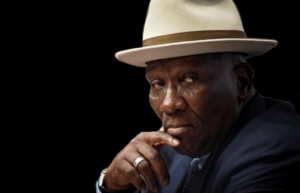While the absurd Government COVID regulations destroyed livelihoods and the economy our lawmakers were surprisingly…
Pre- COVID Tax Regulations On Gambling Revenue is Back
- by Mamparra
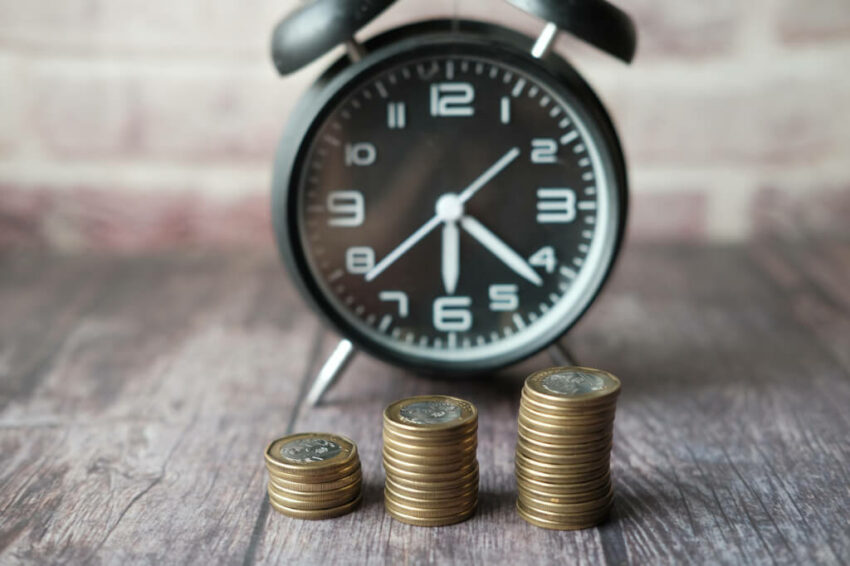
The National Gambling Board reported to Parliament in the 2021/22 fiscal year that the amount of tax revenue received from the casino industry had returned to its levels prior to the pandemic.
The level of tax revenue collected by the industry reached R3.2 billion for the first time since the 2019/20 fiscal year during the 2021/22 fiscal year. The National Gambling Board (NGB) reported to Parliament on Tuesday that tax revenue from the casino industry has reached levels not seen since before the pandemic.
In The Years Pre-COVID
During the 2021/22 fiscal year, the industry generated approximately R3.2 billion in tax revenue. This is the same amount that was generated in 2019/20, prior to the Covid-19 lockdowns taking place. In 2020/21, tax income dropped to R2 billion. Caroline Kongwa, the chief strategic consultant for the NGB, testified before the Portfolio Committee on Trade, Industry, and Competition that the industry demonstrated a “good rebound to pre-pandemic levels.” This was represented in the taxes and sector service charges that were paid to the NGB by the industry.
We estimated that we would collect R240 million in fees, but the actual revenue that we collected was R259 million. Taxes have increased to R3.2 billion, which is back to where they were before the pandemic. According to Kongwa, “this generally entails our funding and the extra costs that we receive from the tracking fee that we enforce through the National Central Electronic Monitoring System and other revenue, which would include interest.”
According to Kongwa, the NGB observed an integration of technology and new market dynamics that were reshaping the industry after the Covid-19 pandemic. Some examples of these trends include online gaming and e-betting. As said by Kongwa, the NGB had ordered a market investigation into the gambling industry the previous year, and the Competition Commission had conducted a report on the industry concentration.
Partnerships
The procurement of Emerald Hotel Resort & Casino by Tsogo Sun, which will be rebranded as Southern Sun in May 2022, is receiving greater attention from the National Gambling Board, according to Kongwa’s statement to the committee. The procurement was authorized by the Competitions Tribunal in July and is anticipated to increase Southern’s portion of the overall gambling market from 40% to 42%.
Consequently, the market share held by Tsogo Sun will be comparable to the share held by Sun International, which is 42%. In the event that the transaction that has been proposed goes through, Tsogo Sun will have a total of four casinos in the province of Gauteng. According to a written submission made by the NGB, Tsogo Sun’s market share in the Gauteng region would increase from 44% to 47% based on gross gambling financial numbers as of 31 March 2021.
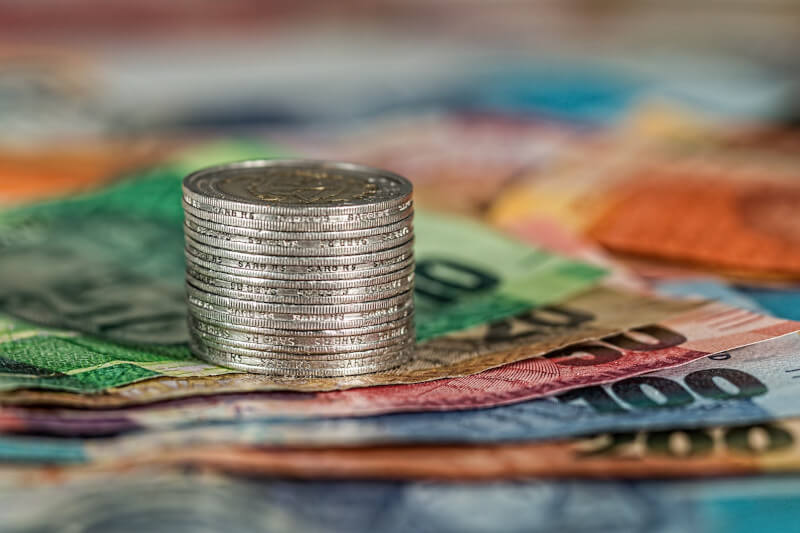
According to Kongwa, the NGB was concentrating on the acquisitions and mergers that were taking place in the industry because it sought to protect a hyper-concentration of market share.
The proposed mergers give us cause for concern. When viewed from a monetary standpoint, it makes perfect sense. There seems to be no finding that constitutes an abusive use of one’s dominant position. However, we are worried, and we continually monitor and report on dominance from the perspective of mergers, as well as market structure and shares,” Kongwa stated.
Following the completion of the merger, a memo from the Competition Tribunal in July stated that “the main acquiring company is Newco, a recently licensed South African private company.” Tsogo Sun Gaming and a number of other shareholders make up Newco’s board of directors and shareholders. In South Africa, Tsogo Sun is in the business of operating casinos and other entertainment destinations that provide a diverse selection of betting, dining, and recreational opportunities. The Emerald provides a casino, as well as short-term hotel accommodations, facilities for holding conferences and banquets, and recreational opportunities.
Facing New Challenges
According to Kongwa, the proliferation of digital betting has added an extra layer of complexity to the work that the NGB does to regulate the industry. One example of this is the practice of online gambling on lotteries, which the committee is of the opinion should not be permitted.
“In the past, we had the gambling industry licensed on a provincial level so that it could accept bets on a variety of outcomes. She said, “So, the first thing in our perspective that we don’t concur with is betting companies placing bets on lotteries, and we said that problem is a subject matter of litigation.
She explained to the council that the laws regulating online gambling games had been altered as a result of electronic betting, and she mentioned that the NGB was contemplating enacting a single piece of national legislation to govern the gambling industry.
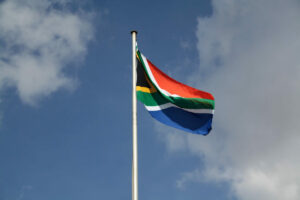
When delivering the micro-budget in November, the recently appointed Minister of Finance, like his boss…
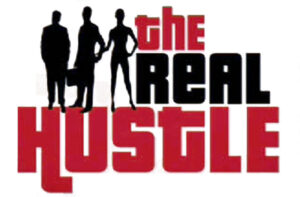
Last night the devastating floods in KZN caused South Africa to be plunged back into…
The National Gambling Board reported to Parliament in the 2021/22 fiscal year that the amount of tax revenue received from the casino industry had returned to its levels prior to the pandemic. The level of tax revenue collected by the industry reached R3.2 billion for the first time since the 2019/20 fiscal year during the…
Recent Mamparras
- Zwai Bala – The Musical Pioneer Who Helped Shape South Africa’s Sound
- Is This the Worst Own Goal Ever? Watch and Decide
- Mamparras Spend R7.7 Billion From 25th to the 31st of December 2024
- Why Do Liberals Think Trump Supporters Are Mamparas?
- Indepth Look at the Online Thrill to Grill Casino Game
- Artist Discovers 2000yo Roman Bust at Texas Goodwill for $34
- Nobuntu (Mamparra-nobs) Mkhize Disrupts FlySafair Flight – Gets Arrested
- Oscar Pistorius Walks Free, But Where is Reeva’s Justice?
- The Accidental Aboriginal’s Legacy
- The Origins of Oktoberfest
- Fascinating Quick Facts

